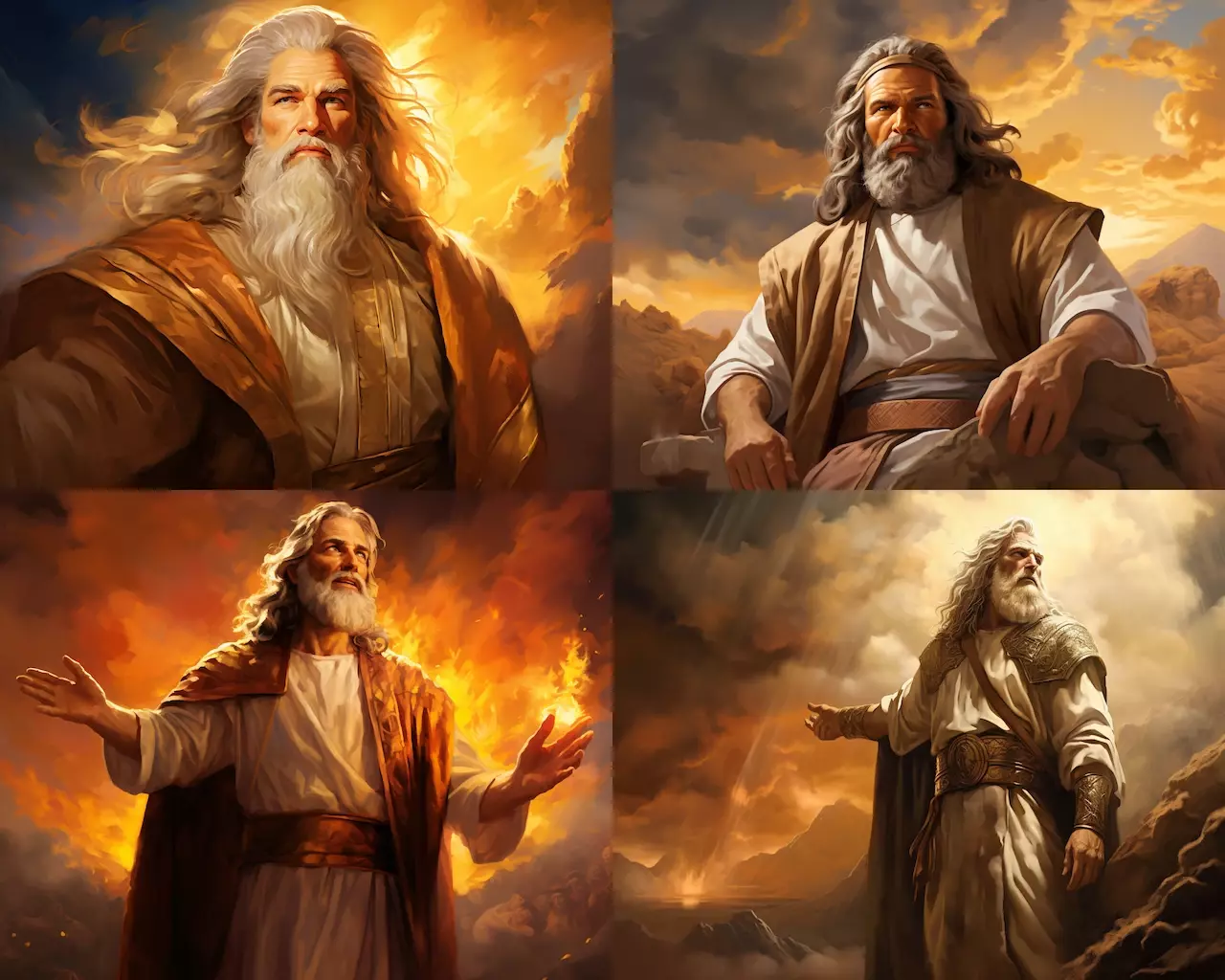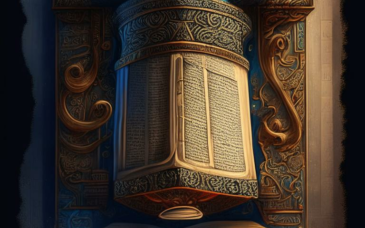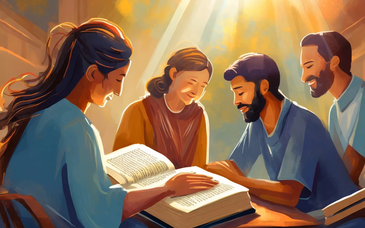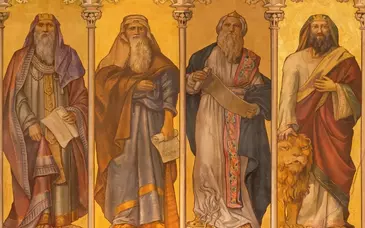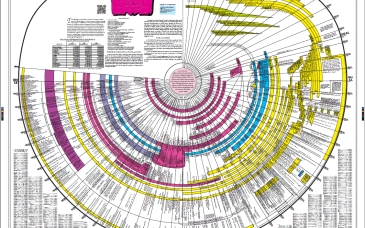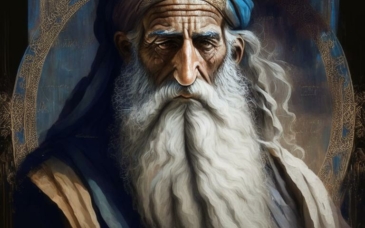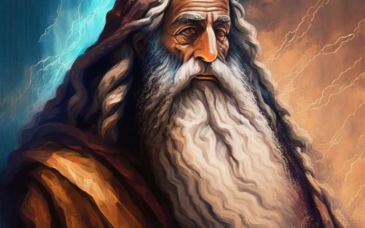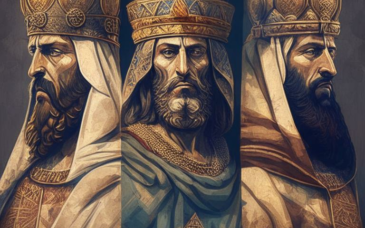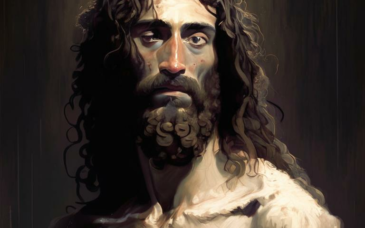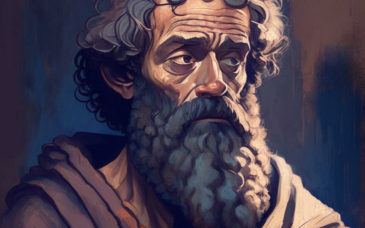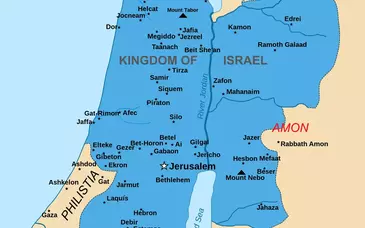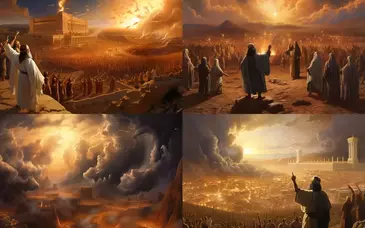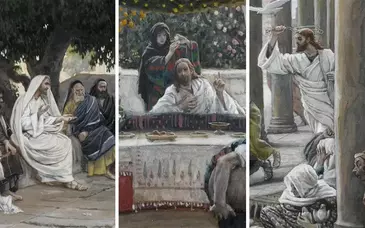Introduction
Isaiah could easily be called the greatest of the Hebrew prophets. He was a man of great bravery and boldness. He spoke the Truth of God without compromise even at the risk of his life. He spoke out against the sins of the people, and working his ways up to priests and even the king. But his compassion and tenderness were also clearly evident in his message. There was grace as well as judgment. In fact his name means The Lord is Salvation. Isaiah taught that God was the source of all salvation and his ministry and message pointed to Jesus who is the supreme salvation of God. Jerome called Isaiah the Evangelical Prophet.
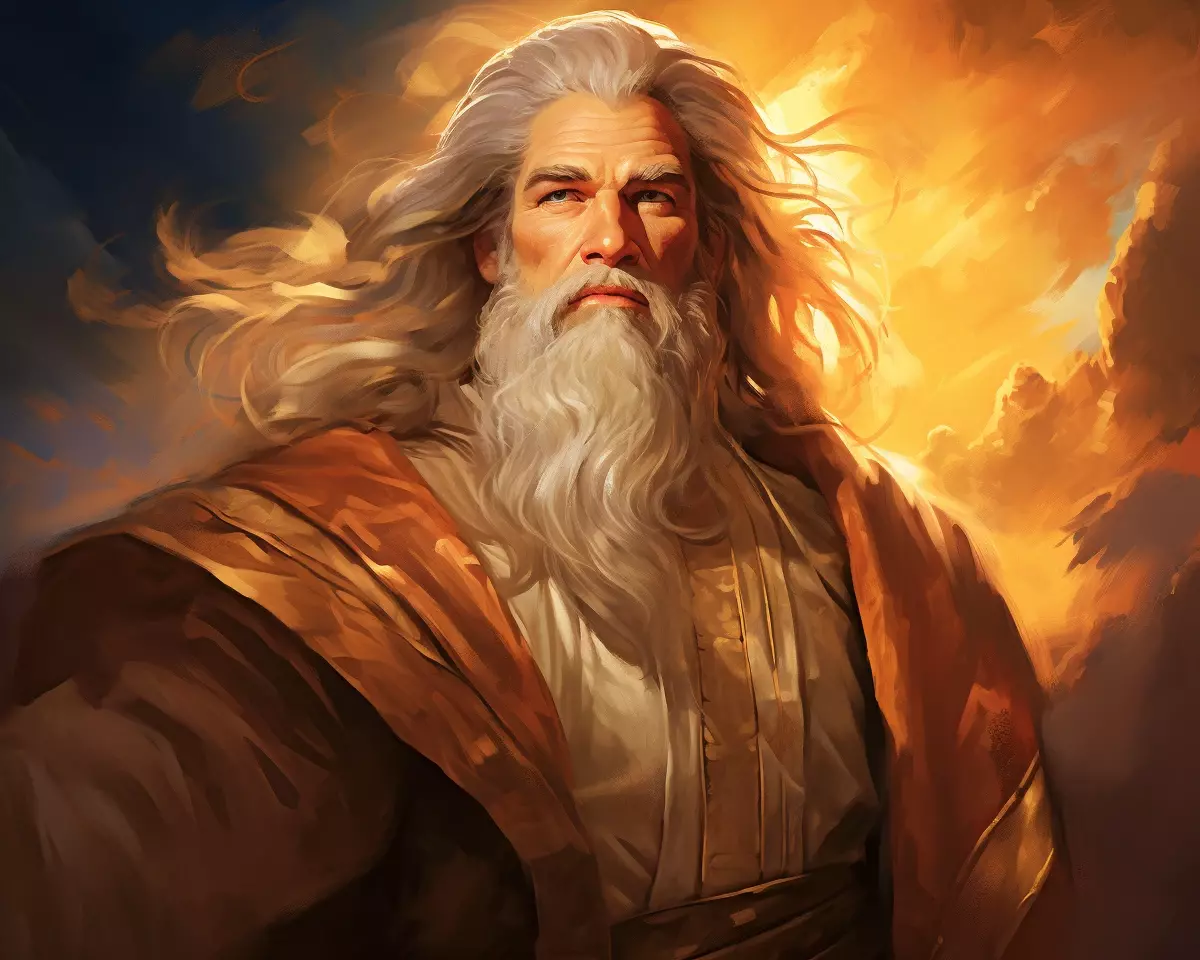
Life
There is not alot known about the man personally. He was the son of Amos and this would place him in the city of Jerusalem, where he was born and ministered. He lived with his wife and children through the reign of four kings Uzziah, Jotham, Ahaz, and Hezekiah. Isaiah 22:1 He lived during the same time as the prophets Hosea, Nahum, and Micah. 740 B.C. - 680 B.C. He had at least two sons Shear-Jashub 7:3 and Maher-Shalal-Hash-Baz 8:3.
While Isaiah did write the book of Isaiah this is not all that he wrote. He had written a complete journal of Uzziah's reign and most of the major events of Hezekiah but these have not been preserved. 2 Chronicles 26:22; 32:32 This would imply that Isaiah lived into the reign of wicked King Manasseh, where Jewish tradition claims he died a terrible death as a martyr. This would mean that Isaiah lived into his 90's and ministered as a prophet for at least 60 years.
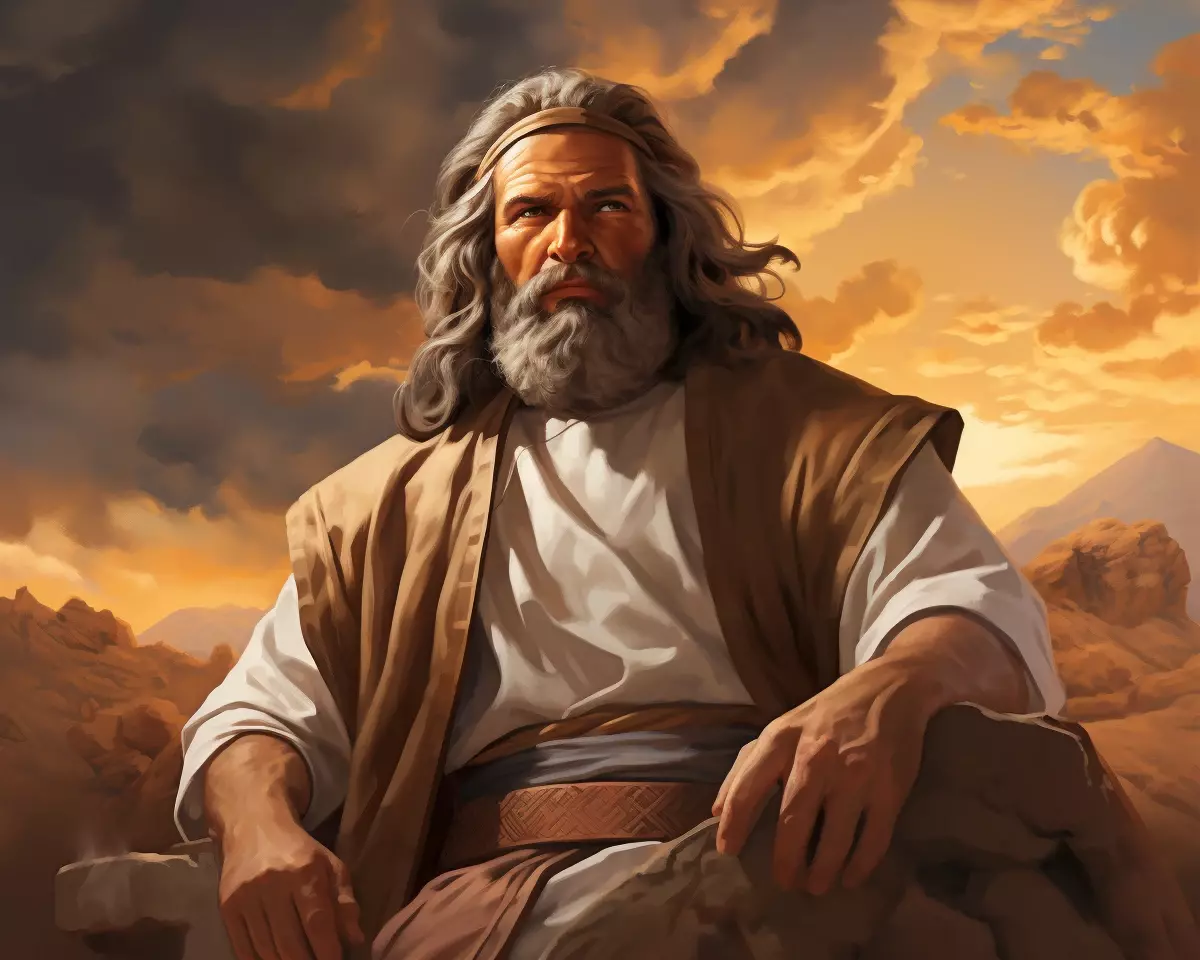
Times
Isaiah lived during a time of moral and spiritual decline in Israel. The Northern Kingdom was filled with idolatry and God was about to bring judgment upon them. God's instrument of destruction would be the Assyrians who were expanding their empire south into Israel. However under the prophecies and ministries of Isaiah and Jeremiah the southern kingdom of Judah knew revival and was spared for another one hundred and thirty years.
In the year the King Uzziah died, Isaiah was confronted by the thrice holy God. Isaiah 6:1-7 Upon seeing God as holy and without sin, he realises his own sinfulness and God cleanses him by means of sacrifice from the altar and he goes forth to speak a message that would not be popular among the people. God's holiness always has this affect upon God's people. A vision of God, leads to a vision of ourselves which always leads to a vision of service.
Under Uzziah there was great prosperity which could compare to the time of Solomon but with this increased wealth came many sins. Greed, injustice, oppression, and corruption in every area of life. People were exploited by the strong and wealthy. Worship became a mere ritual and formality.
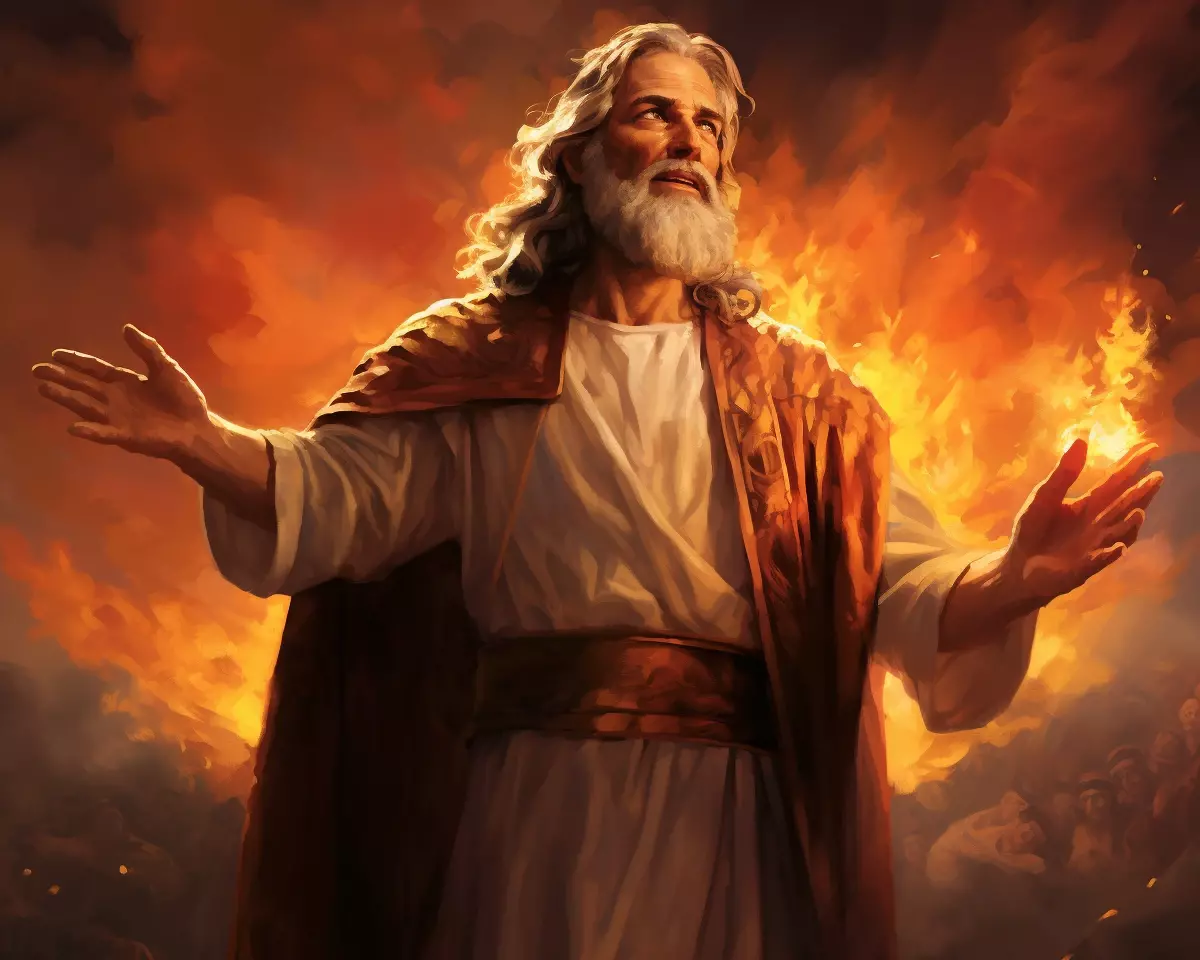
Assyrians
The Assyrian power was rising, and in the light of this fact two groups appeared within the nation. One group wanted an alliance with Egypt and the other with Assyria. Isaiah spoke out against human alliances and urged the nation to trust in God. As a sign of deliverance he proclaimed the birth of the Messiah and prophesied concerning the nature of His kingdom. In the latter portion of his prophecy he set forth the spiritual walk and destiny of the people of God.
In 701 the Assyrian king Sennacherib threatened to invade Jerusalem. Isaiah 36:1 King Hezekiah prayed and Isaiah prophesied that God would drive the Assyrians back. Isaiah 37:6-7. It is interesting that Judah is the only nation in the entire region that did not fall to the Assyrians and that even includes the Egyptians. God truly delivered and protected Judah during this time of her repentance.
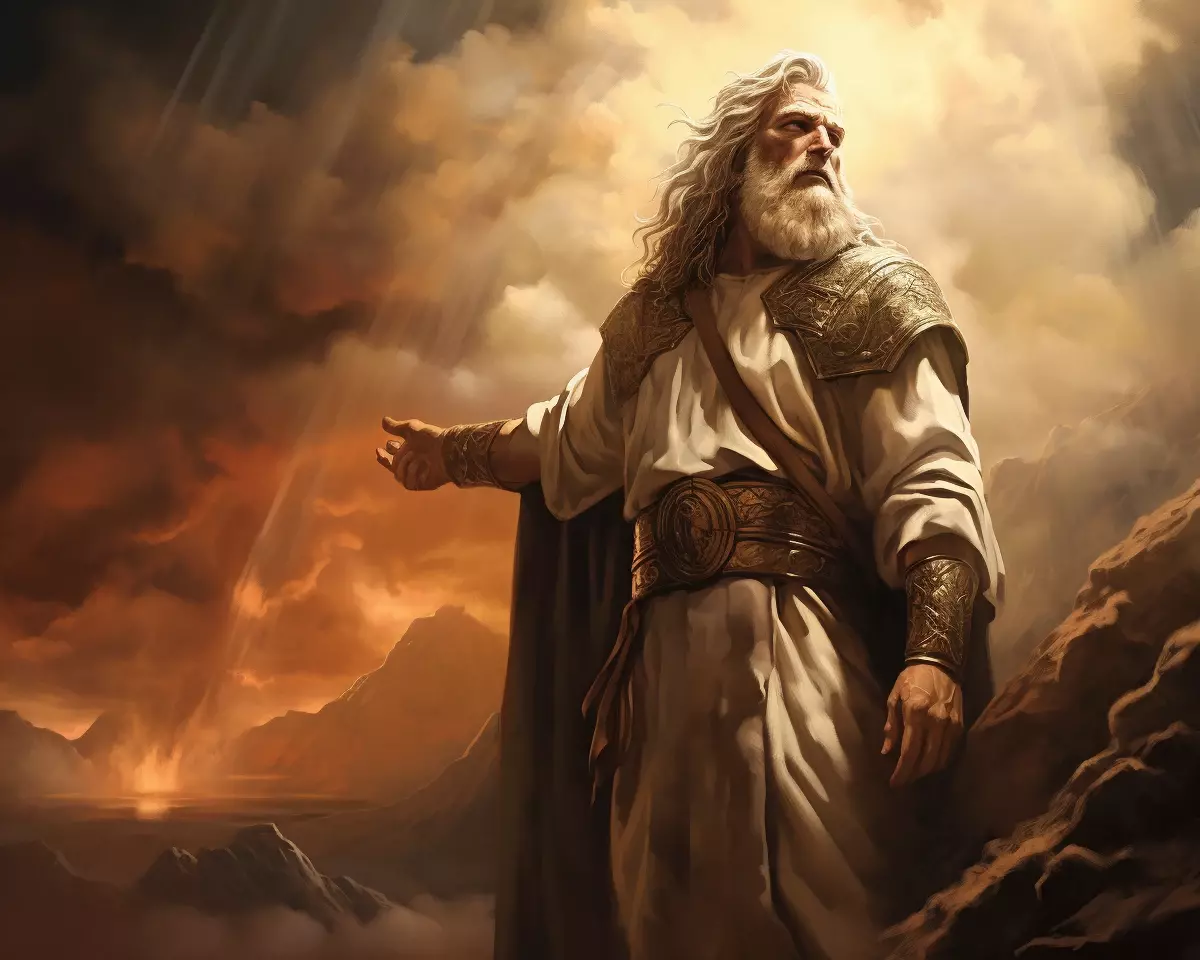
Babylonians
But Isaiah made it clear that unless the people repented from their ways and continued in obedience to the Lord that they also would be taken into captivity not by the Assyrians but by the Babylonians. This of course sounded foolish in Isaiah's day of the Assyrian's power. But the Babylonians did rise to power and Isaiah's predictions did come true.

Hezekiah entertained visitors from Babylon who were given a royal tour of the Temple and all the treasures of Jerusalem. When the messengers returned and told their king what was in Jerusalem, the Babylonian invaded Jerusalem and carried off all the treasures and the main families of the city.
To comfort God's people Isaiah declares that even though they will be taken into captivity that they will also be delivered and the Babylonians will be overthrown. Isaiah even mentions Cyrus, the king of Persia who would return the captives from exile. Isaiah 48:20; Jeremiah 25:9 His name is mentioned one hundred and fifty years before he reigned. Cyrus lived from 559-530 B.C.
Along side this message of encouragement Isaiah give a message of hope in speaking of the glory of the Messiah who will come as the suffering servant. The point of the ministry of Isaiah was that Israel was to rely on the salvation of God alone for their deliverance, and ultimately embrace the Messiah. Isaiah 8:23, 13
